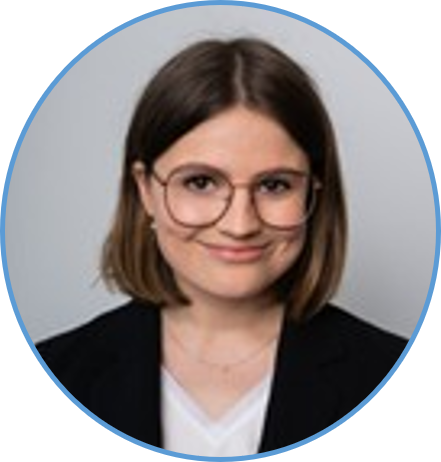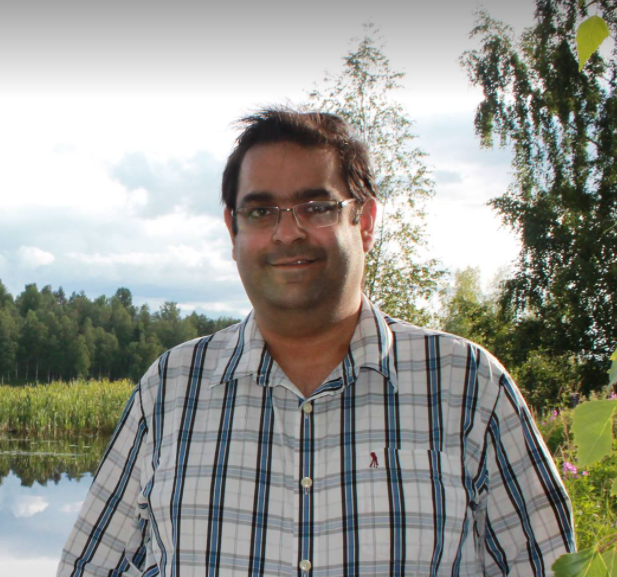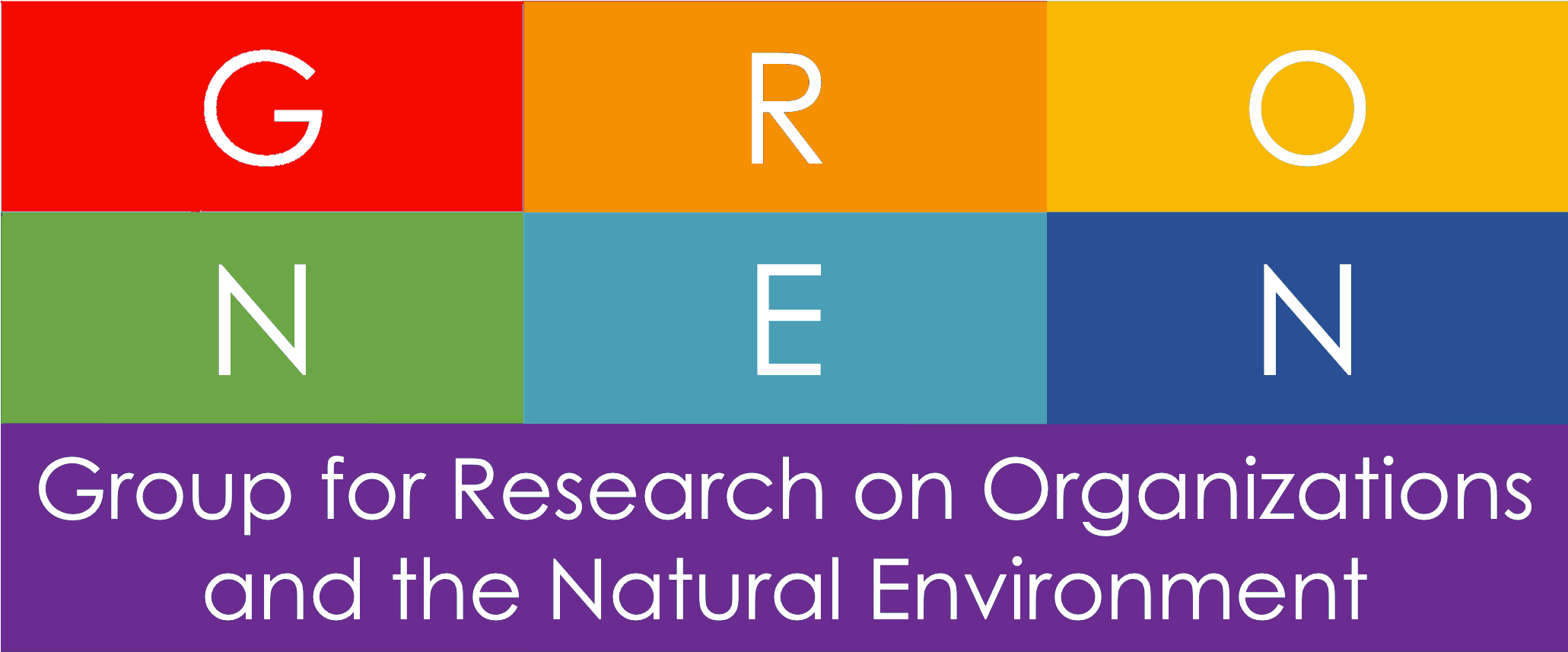Insights and Reflections from the GRONEN workshop, “Insider Social Change Agents: Research, Education, and Impact” by Chiara Rathnow
This fall, I attended my first GRONEN workshop, “Insider Social Change Agents: Research, Education, and Impact”, in Utrecht. This workshop covered a variety of topics surrounding insider social change agents: What are the newest research insights on these insiders? What roles and identities do insiders have? Can academics be insider social change agents? And how can we adapt educational strategies to take on this role and improve conditions for future generations?
 “The GRONEN Workshop was a wonderful opportunity to explore the many ways we can create a positive impact together within such a welcoming community!”
“The GRONEN Workshop was a wonderful opportunity to explore the many ways we can create a positive impact together within such a welcoming community!”
Insider Social Change Agents – Where do we stand and where are we going?
I started my Ph.D. at the Faculty of Business and Economics at the University of Groningen in 2024. While I have met many individuals who drive environmental and social initiatives within their organizations in my previous corporate work, I am relatively new to the academic discussion on insider social change agents and was excited to learn more from leading experts – and see how many people are working on this important topic.
The workshop started a keynote from Maureen Scully. When Sara Soderstrom introduced Maureen and referred to her foundational work as her ‘Aha-Moment’- the spark that drew her into the world of sustainability, she set the tone for the day: the spark that keeps us going. In her keynote, Maureen critically reflected on the past three decades of her work on Tempered Radicalism, a term inspired by the metallurgical process of tempering, which strengthens metal through heat. Through thoughtful provocations, she reminded everyone of the influence individuals can have within organizations to drive meaningful change and the urgency of today’s challenges for action beyond incremental steps.
Those feeling inspired to craft their next submission after the keynote were able to ask all their related questions to the editorial panel on Publishing Research on Insider Social Change Agents, featuring Christopher Wickert, Minna Halme, and Grace Augustine. The panelists shared their personal experiences as editors and authors, and reflected on developments in the field while expressing an ongoing interest in phenomenon-driven research.
Exploring emerging paths for research, Verena Girschik, Lucas Amaral, and Raquel Kessinger then presented their insightful projects on the diverse roles, motivations and developments of insider social change agents in the plenary session. Complemented by the lightning research sessions, the workshop created a lot of space for reflection and exchange. As part of the lightning research sessions, I really appreciated the feedback on my project. It was great to receive such detailed responses and engagement as a junior researcher in such a welcoming climate.

Insider social change agents educating the next generation
In the afternoon, we continued with two interactive sessions focusing on Teaching (for) Insider Social Change Agents. I attended the second class on Shaping our Classes, where Nora El Manni, Kristina Bogner, and Anna Margolis shared their insights and experiences. That this would not be the “typical” workshop became clear from the moment you entered the Playground – a room designated for more interactive and engaging teaching.
All three presenters shared fascinating insights on how they approach teaching the next generation of social change agents and, in the process, act as such. In their state-of-the-art projects, they focused on concepts such as paradoxical thinking and following inner development goals. They let students explore this topic in different environments, even including a film-recording studio. It was great to see how many innovative formats are being developed to reach upcoming generations, away from the ‘classic lectures’ many of us received in parts of their own studies. Even though I am just starting to teach, the workshop made me reflect on different ways to shape the discussion and spark enthusiasm.
Tools and Reflections for Impact
The afternoon panel session on ‘Impact across Career Stages: Tools and Reflections for Impact’ with Sophie Klein, Tina Miedtank, and Stephanie Bertels, offered another perspective on creating impact. The high audience engagement at the end of the day showed that this topic resonated with many sustainability scholars and that making an impact is a uniting purpose. As a junior researcher at the start of my career, I learned a lot by listening to scholars discussing how they generated and sustained their momentum, shaped fruitful (industry) collaborations, and learned throughout their careers.
Takeaways from the workshop
As a junior researcher, it was great to connect and explore in the workshop what it means to create impact, leading to some powerful ‘Aha-Moments’.
One of my key takeaways from the workshop was how much researchers at all career stages emphasized the importance of creating impact for themselves, and even more, which strategies they developed to keep their momentum ‘burning on’ rather than ‘burning out’. Hearing this reminded me of the common advice to treat the Ph.D. and research in general as a marathon and not a sprint for long-term success – something that can sometimes be hard to balance, especially when you are very passionate about your topic.
I was also really surprised by all the new and innovative teaching formats that were presented. I am admittedly relatively new to teaching and standing at the other end of the classroom, but I learned about so many more approaches and formats than I knew from my own student days. It really resonated with me how much effort and passion went into these projects and how much more interactive teaching is becoming.
Looking back on the workshop, I’m feeling energized and full of fresh ideas. I’m excited to take this forward and see where it leads next.
More Information
The GRONEN Workshop took place on 10 October 2025 and was organized by Christina Bidmon, Katrin Heucher, and Sara Soderstrom. The workshop was hosted by the Copernicus Institute of Sustainable Development at Utrecht University and sponsored by the Copernicus Institute, The Pathways for Sustainability community on Sustainability Education and Engagement, and the University of Groningen’s Strategic Theme on Sustainability and Future Prosperity.

Dr. Bhavesh Sarna is a Post-Doctoral Researcher and Coordinator for the Corporate Environmental Management Master’s program at the University of Jyväskylä, Finland. With a Ph.D. in Corporate Environmental Management, he specializes in sustainability, circular economy, and responsible business practices. Dr. Sarna has extensive teaching experience, including courses on environmental management and sustainability strategies. He is the principal applicant for the KODECET project, funded by an Erasmus+ EU Research Capacity Building Grant. His research focuses on employee-CSR relationships and microfoundations of corporate social responsibility. Dr. Sarna actively participates in international conferences, contributes to academic publications, and serves as a reviewer for reputed journals in his field. You may find more details about him on his website https://www.bhaveshsarnav.com/
